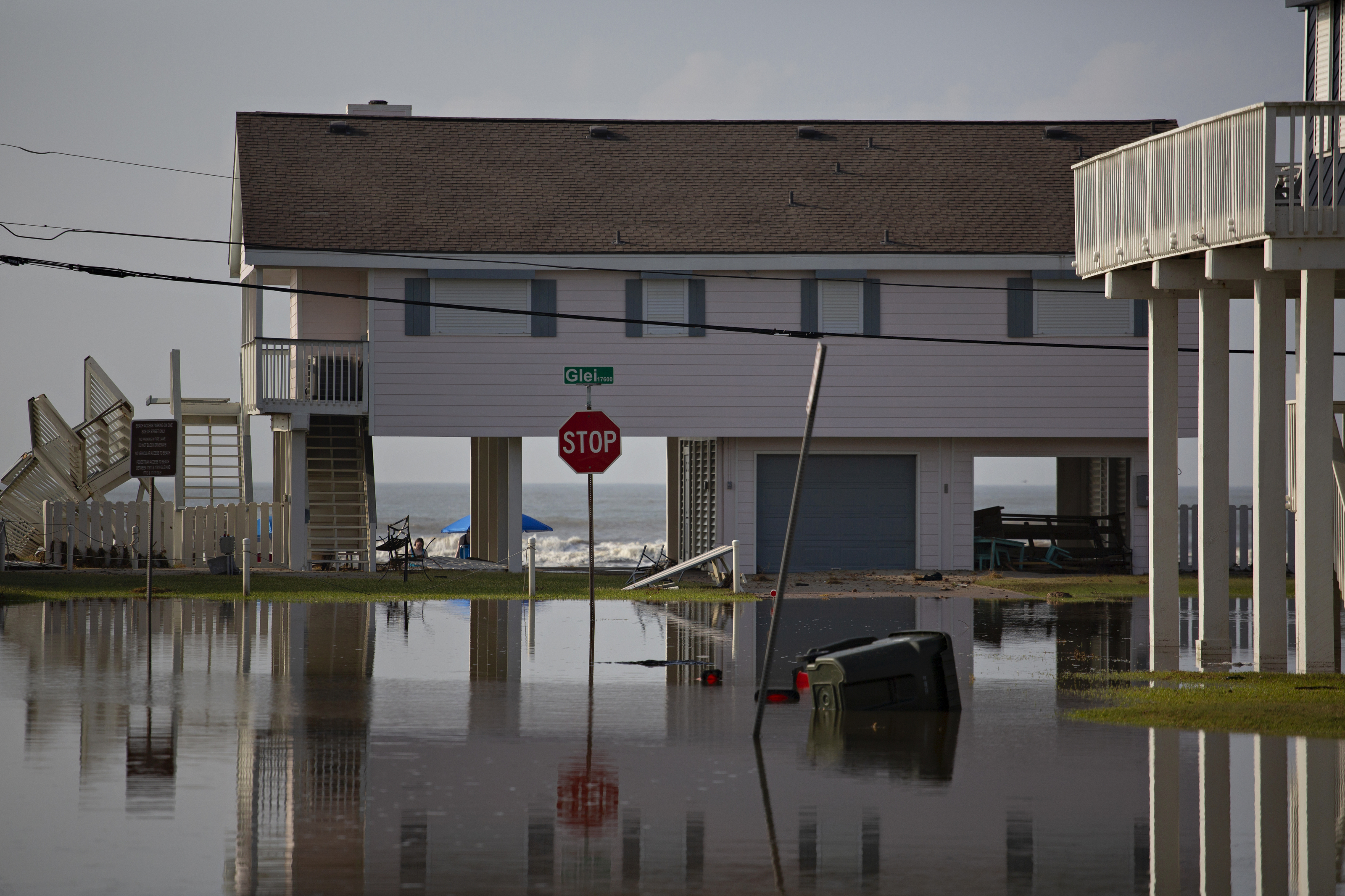Beryl has blown through Houston, leaving commercial property landlords and homeowners alike with a mix of appreciation and concerns on top of general mourning over reports of 11 deaths in the metro area.
Appreciation came after property damage was relatively light thanks in part to a change in the tropical storm’s course.
The concerns are giving rise to an accumulating sense of frustration with the limits of the area’s power grid and general sense of vulnerability to weather conditions, Bisnow reported.

“In my own staff, I hear people say, ‘Why are we even living here?’” said Seth Eslami, chief operating officer of Stellar International Commercial Real Estate, which provides property management services.
Property managers at JLL gave accounts of minor damage, including broken tree limbs; fallen trees; busted awnings, roofs and signage; and minor to moderate water infiltration, said Connie O’Murray, the firm’s managing director of property management.
“The JLL property management teams were well prepared for Hurricane Beryl, including having building engineers — also known as ‘storm riders’ — on site at properties 24/7, as well as standby remediation companies in place to support cleanup and restoration efforts,” she said. “As a result, damages were minimized.”
The May 16 storm that caused serious damage in Houston’s downtown had property managers on alert, she said.
Commercial developer and operator The Deal Company said it keeps a maintenance team of 30 or so ready to mobilize as soon as possible after storms hit.
The storm caused mostly minor damage on Houston’s northwest flank, according to Michael Knight, executive vice president of Better World Properties. Knight said he checked about a dozen apartment complexes between Houston and Pasadena, finding smaller problems alongside one bigger case — a complex in Lake Jackson that had its brick facade, some trees and fences torn up.
“Otherwise, the main issue is lack of power,” Knight said. “This will quickly become the main issue: gasoline and ice will quickly be in short supply. After [Hurricane] Ike in 2009 it was off in places for two weeks.”
